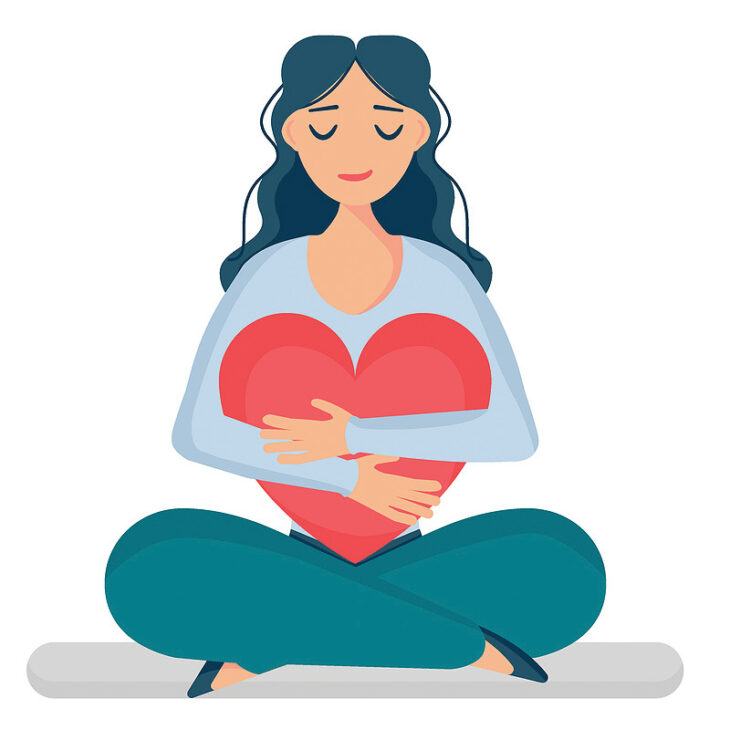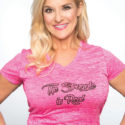What’s all this buzz surrounding “self-care?” It’s a term that’s seemingly everywhere you look, especially on social media. In fact, “self-care” has become so big and overused that it can be difficult to determine what it really is at its core and why it matters.
For me, self-care increasingly feels like yet another thing to do more of and do better. It’s hard to cut through the hype to truly understand and practice self-care.
How did we get here, and what can we do to reclaim this worthy concept and reclaim its meaning?
The more I researched the overuse of this buzz word, the more I started to identify what truly constitutes self-care. However, it’s easy to see how it evokes something quite specific for those posting about it, such as having a diet “cheat day,” muting people online, taking lunch instead of working through it, binging on Netflix or taking a hike.
Self-care became something specific that does not take much time and allows us to exercise small forms of control over a world that can feel fast-changing and dominated by chaos. This is the pattern that #selfcare as a trending hashtag has taken, but from a mental health and wellness perspective, it means something more integral to daily thriving and stress maintenance.
Self-care is a way for us to give back to ourselves and release everyday pressures. It doesn’t require you to buy anything, like many marketing/social media entities would have you believe. It can be taking a quiet moment to process or making a simple cup of tea. If you’re present and focused on slowing down, that can be self-care. Sometimes we think it’s bubble baths and face masks, which it can be — but you can’t exactly stop what you’re doing at work to take a bath.
You can’t buy self-care, either, yet that’s how the concept is frequently spun in our society. If we’re feeling anxious, overwhelmed or stressed, social media tells us self-care can fix that; buy it here! The more we, the consumers, talk about self-care online, the more companies recognize the need for it and commodify it.
If like me, you’re feeling burnt out on the idea of “self-care,” chances are you have fallen into the void that is self-care marketing. It’s time, then, to get back to basics of this crucial practice.
HERE’S HOW TO UNDERSTAND SELF-CARE TO PRACTICE IT AUTHENTICALLY:
1. KNOW THE DIFFERENCE BETWEEN SELF-CARE AND SELF-SOOTHING.
Marketing conflates self-care with self-soothing in its promotion of purchasing spa experiences and other consumer-oriented products that might relieve stress in the moment. Real self-care, in its purest form, has little to do with indulging in goods and services. Self-care starts from within, with your thoughts, experience of moments, etc., and is designed to build a sense of self and of calm so you are more resilient. Self-soothing involves using and marketing goods and services with the promise of, ‘Do this thing right now, and you will feel better.”
2. SELF-CARE COMES DOWN TO A SET OF ROUTINES.
“Self-care” is a set of behaviors and activities that you perform regularly and contribute to your ongoing wellbeing. These things include hygiene, diet/nutrition, getting enough sleep, exercise, maintaining social connections, work and healthy, open communication.
3. KEEPING TABS ON YOUR HEALTH IS THE ESSENCE OF SELF-CARE.
Self-care centers upon the idea of being aware of yourself every single day and asking yourself questions like, “Did I get enough sleep? Did I eat right? Did I get in some exercise?”
Anything can be self-care, and adding it to your everyday life can be easy once you have an idea of what you need and how it will work with your life. We’re all different, and self-care reflects who we are and what we need to process stress.
Wishing you health, happiness and authentic self-care in the new year!
Karol Brandt is an executive host with Scarlet Pearl Casino Resort, as well as co-author of the Amazon best-seller “The Struggle is Real: Finally Break the Dieting Cycle, Transform Your Mind and Body, and Evolve into The Person You Have Always Wanted to Be” and the “30-Day Evolve Challenge Journal.” Contact Brandt by email at karol.brandt@scarletpearlcasino.com, Facebook/The Struggle Is Real or Instagram at karolbrandtnola.



